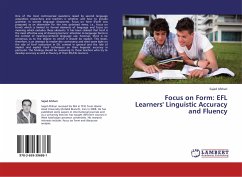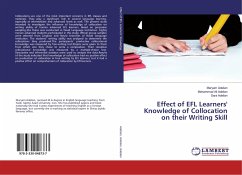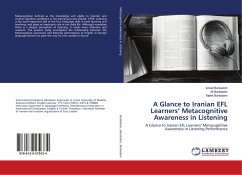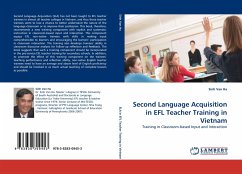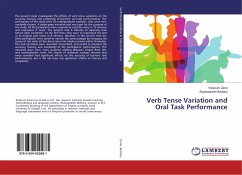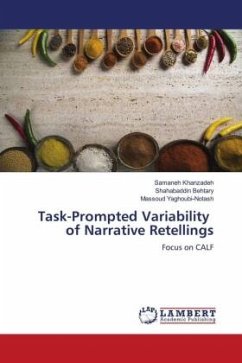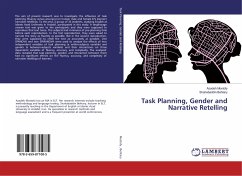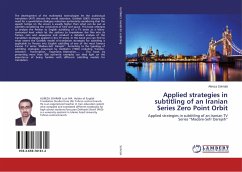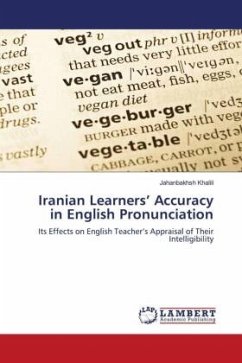
Iranian Learners' Accuracy in English Pronunciation
Its Effects on English Teacher's Appraisal of Their Intelligibility
Versandkostenfrei!
Versandfertig in 6-10 Tagen
45,99 €
inkl. MwSt.

PAYBACK Punkte
23 °P sammeln!
To develop a full understanding of how phonetic learning takes place, a consideration of errors seems essential. However, attending only to linguistic influences on acquisition cannot advance knowledge about L2 pronunciation beyond what is already known. In that regard, promising developments in the field include Best's perceptual assimilation model (Best and Tyler, 2007) and Flege's speech learning model (Flege, 1995), both of which devote attention to the perception of non-L1 speech sounds. Both also diverge from traditional linguistic approaches such as CAH in that they do not treat languag...
To develop a full understanding of how phonetic learning takes place, a consideration of errors seems essential. However, attending only to linguistic influences on acquisition cannot advance knowledge about L2 pronunciation beyond what is already known. In that regard, promising developments in the field include Best's perceptual assimilation model (Best and Tyler, 2007) and Flege's speech learning model (Flege, 1995), both of which devote attention to the perception of non-L1 speech sounds. Both also diverge from traditional linguistic approaches such as CAH in that they do not treat languages as the objects of study. Flege's model, in particular, assumes that as learning progresses, some aspects of the L2 system can be acquired at a perceptual level and that production will eventually align with the newly developed perceptual knowledge. To account for why one learner produces a particular phone correctly and another from the same L1 background does not, one might well look at differences in perception. These may arise from or interact with influences such as L2 experience and L1 use (Piske, MacKay, and Flege, 2001).



